According to information from RMIT University Vietnam, Dr. Greeni Maheshwari, senior lecturer of RMIT University, recently conducted a study highlighting the key factors influencing the intention to use and usage of ChatGPT among university students in Vietnam.
As one of the first empirical studies on the use of ChatGPT in Asia, this newly published study analyzes data collected from 108 participants, including undergraduate and graduate students from public and private universities in Vietnam.

The study results indicate that personal evaluations of ease of use, usefulness, personalization, and interactivity all significantly impact students' attitudes and behaviors toward ChatGPT.
Meanwhile, the perception of ChatGPT's reliability and intelligence did not influence students' intention to use the tool.
The study results also showed that evaluation of ease of use had a positive influence on intention to use; students were more likely to accept and use ChatGPT when they found it convenient and user-friendly.
However, the usefulness evaluation of ChatGPT did not directly influence students' intention to use the tool, but indirectly through personalization - the extent to which ChatGPT could be personalized to students' needs, and interactivity - the interactive features the tool provided.
The study also found that ChatGPT’s intelligence rating was not a factor in whether students considered using the tool or not. This, according to the RMIT University expert, could be due to the fact that ChatGPT still has limitations, such as the lack of the ability to provide the most up-to-date information.
New research by RMIT experts also reinforces the view that building trust in artificial intelligence systems requires time and consistent positive experiences.
Limitations associated with ChatGPT, such as outdated information, influenced students' perceptions of the tool's functionality and reliability, as well as their intentions to use it.

The insights gained from the study have practical implications for educational institutions in making decisions regarding the use of ChatGPT and other generative AI tools in educational settings, says Dr. Greeni Maheshwari.
“By recognizing the importance of factors such as ease of use, usefulness, interactivity, personalization, and adoption intention, educational institutions can deploy effective strategies to engage students in appropriate use of AI tools,” shared Dr. Greeni Maheshwari.
RMIT University experts also commented that the world is witnessing a potential revolution in the education industry based on the power of AI, of which ChatGPT is a typical tool.
It brings about fundamental changes in the way people perceive and approach learning, promising to deliver more personalized, interactive and effective educational experiences.
Amid growing ethical concerns surrounding the use of AI in education, Dr. Greeni Maheshwari recommends that schools can play a key role in ensuring responsible use of AI.
Specifically, schools should issue clear guidelines and codes of conduct for both learners and teachers, and carefully consider integrating AI into assessment.
According to this expert, as the use of AI tools is becoming an inevitable trend, we need to design assessments in a way that encourages responsible use of AI and maintains learners' critical thinking skills and creativity during the test.
Additionally, ongoing training and awareness programs can help learners and educators understand the ethical aspects of using AI in education, promoting a culture of responsible technology use.
“If acted upon consciously based on ethical considerations, educational institutions can harness the benefits of AI while maintaining ethical standards,” Dr. Greeni Maheshwari opined.
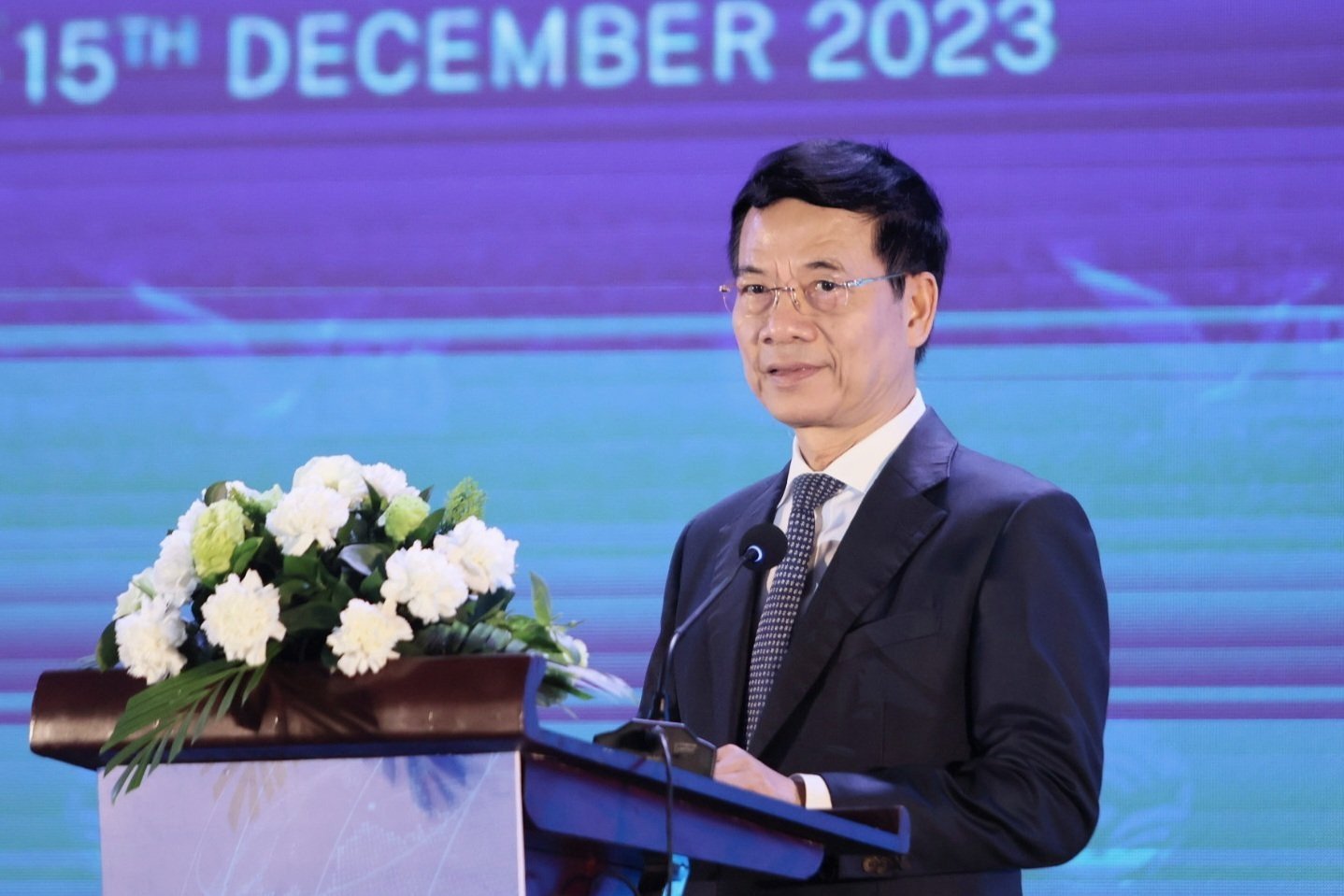
The development of AI brings both opportunities and challenges.
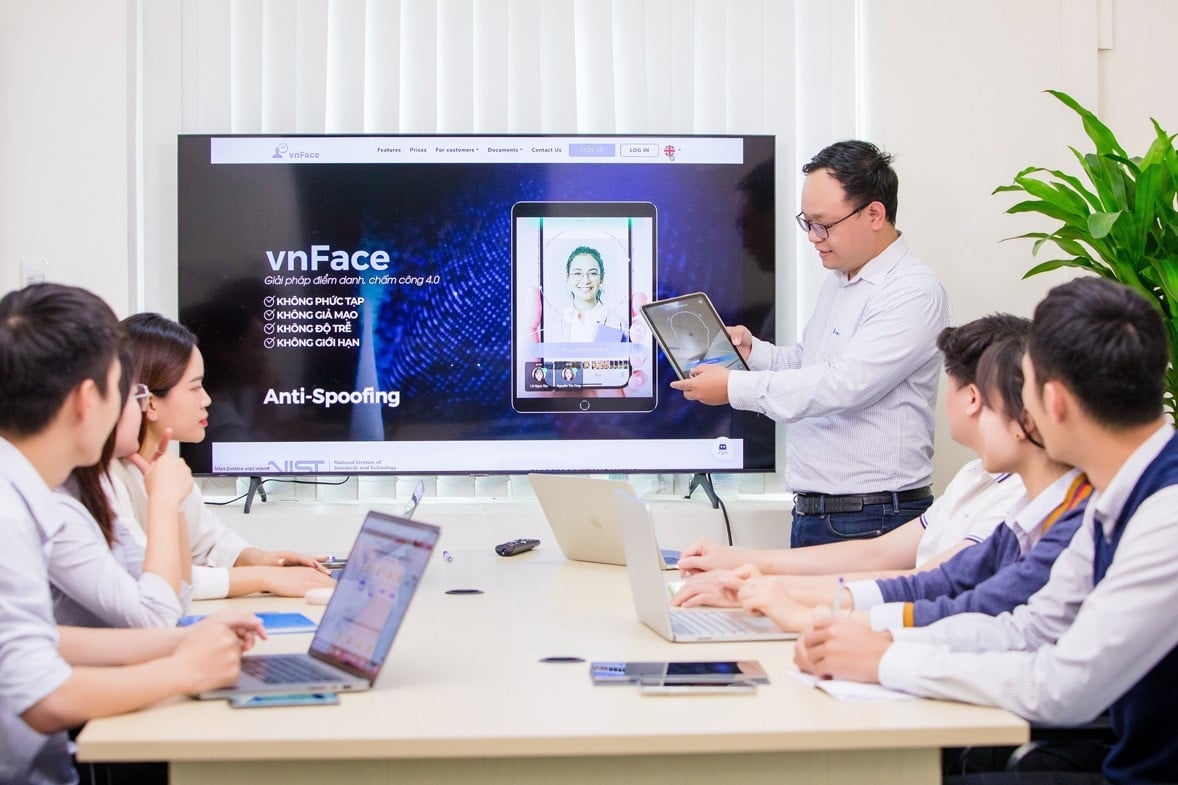
VNPT will create thousands of specialized AI assistants for smart cities
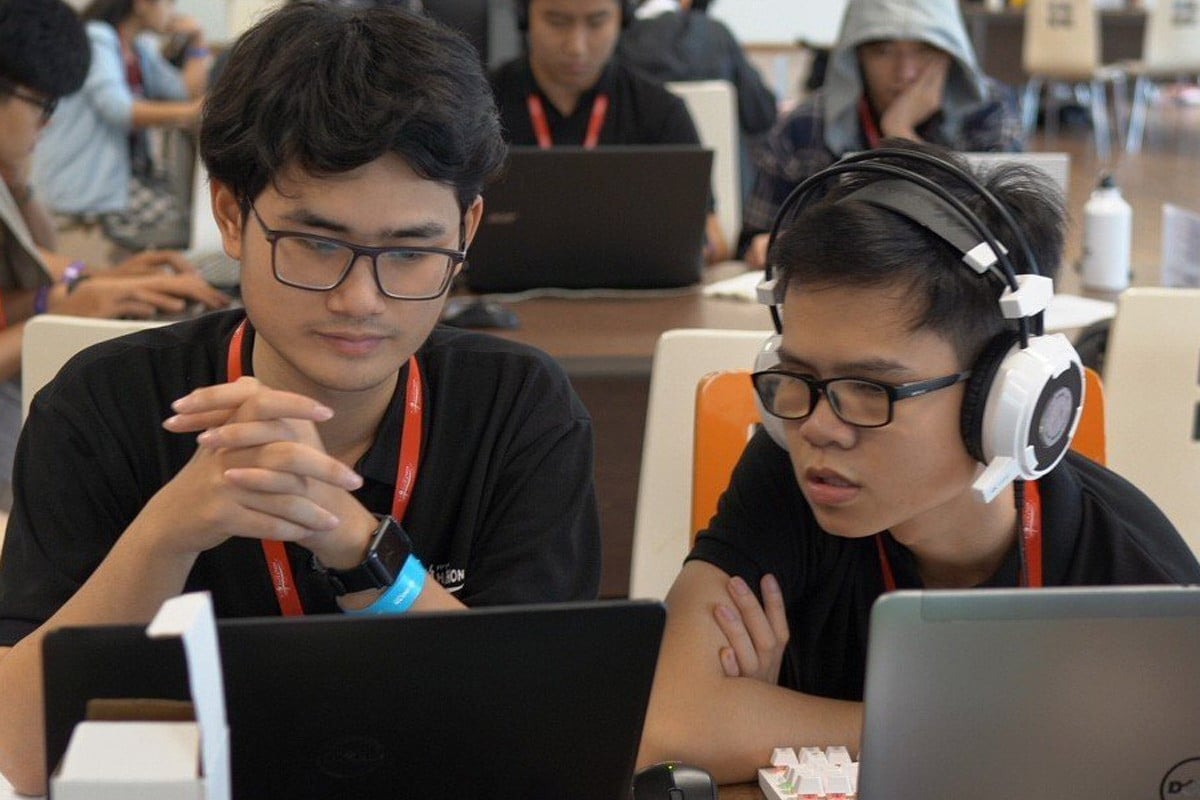
Banking virtual assistant project wins ChatGPT Hackathon
Source


![[Photo] General Secretary To Lam, Secretary of the Central Military Commission attends the 12th Party Congress of the Army](https://vphoto.vietnam.vn/thumb/1200x675/vietnam/resource/IMAGE/2025/9/30/9b63aaa37ddb472ead84e3870a8ae825)
![[Photo] The 1st Congress of Phu Tho Provincial Party Committee, term 2025-2030](https://vphoto.vietnam.vn/thumb/1200x675/vietnam/resource/IMAGE/2025/9/30/1507da06216649bba8a1ce6251816820)
![[Photo] President Luong Cuong receives President of the Cuban National Assembly Esteban Lazo Hernandez](https://vphoto.vietnam.vn/thumb/1200x675/vietnam/resource/IMAGE/2025/9/30/4d38932911c24f6ea1936252bd5427fa)
![[Photo] Panorama of the cable-stayed bridge, the final bottleneck of the Ben Luc-Long Thanh expressway](https://vphoto.vietnam.vn/thumb/1200x675/vietnam/resource/IMAGE/2025/9/30/391fdf21025541d6b2f092e49a17243f)
![[Photo] Solemn opening of the 12th Military Party Congress for the 2025-2030 term](https://vphoto.vietnam.vn/thumb/1200x675/vietnam/resource/IMAGE/2025/9/30/2cd383b3130d41a1a4b5ace0d5eb989d)

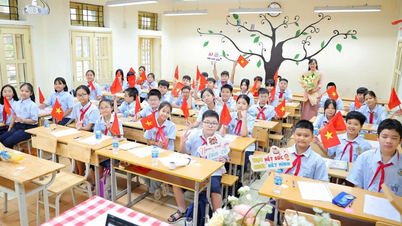



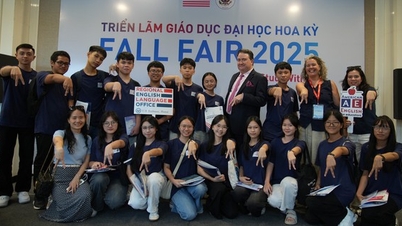



















































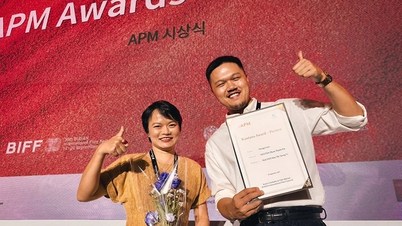



































Comment (0)